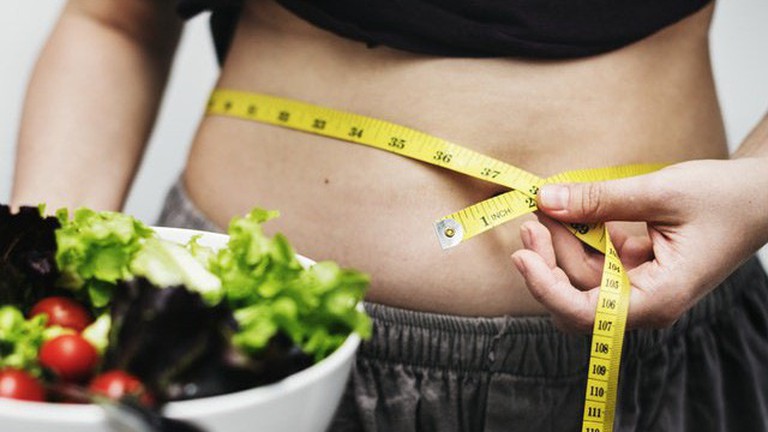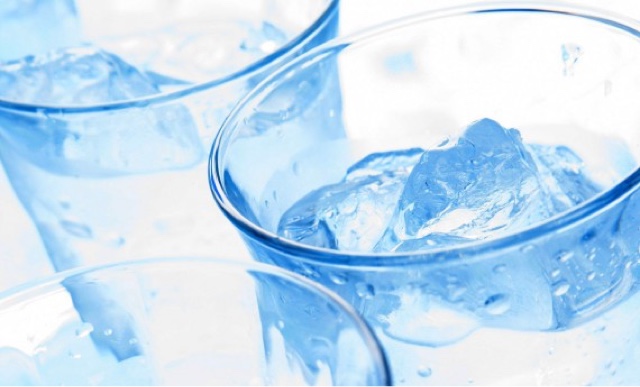Are you a busy woman juggling work, family, and countless responsibilities? It’s common to worry about your eating habits and whether you’re getting enough nutrients amidst your hectic schedule. Balancing work and home duties can make it challenging to maintain proper nutrition. Women often face pressure not only regarding their performance but also their appearance. While some of these standards are unrealistic, some are essential, especially when it comes to women’s nutrition and overall well-being.
Whether you’re a career woman constantly on the go or a homemaker prioritizing your family’s needs, this article is tailored for you. As women tend to multitask, it’s crucial to maintain a balanced and healthy diet. Wondering how to keep up with women’s nutrition and stay healthy? Here are 12 simple and essential nutrition tips to help you achieve just that. These tips will not only keep you fit but also ensure you glow with health for years to come.
Never Skip Breakfast
We understand that you have a busy schedule, rushing to catch a cab or get your kids ready for school. However, skipping breakfast is not the solution. Starting your day with a nourishing breakfast is essential.
Breakfast skipping can lead to overeating later in the day and potential weight gain. Take a few extra minutes in the morning to enjoy a breakfast that includes lean protein and fiber.
If you’re a working woman, consider packing your own lunch to ensure a nutritious meal and save money.
Stay Hydrated
Drinking an adequate amount of water is crucial for everyone, but especially so for women who often multitask. Aim for 8-10 glasses of water daily. Proper hydration is a cornerstone of women’s nutrition.
It replenishes your body with necessary fluids, boosts energy, and keeps you feeling full, reducing the likelihood of unhealthy snacking. Staying hydrated also benefits your skin, guards against cardiovascular issues, and keeps you feeling fresh all day.
Prioritize Calcium
Calcium is not just essential for strong bones and teeth; it also has other important benefits. Insufficient calcium intake can lead to irritability, anxiety, depression, and sleep difficulties.
Ensure you’re getting enough calcium in your diet. Adequate calcium and vitamin intake is a vital nutrition tip for women.
Prioritize Sleep
Getting enough sleep is crucial for weight management. Studies show that sleep deprivation is linked to weight gain and increased hunger. Ensuring at least seven hours of quality sleep each night can increase the likelihood of weight loss success by 33%.
Incorporate Cardio Exercises
Cardiovascular exercises, like jogging or swimming, help burn extra calories. Studies prove that combining cardio with a healthy diet leads to significant weight loss. Aim for 20-40 minutes of cardio per day, totaling 150-300 minutes per week, for best results.
Keep a Food Journal
Tracking your food intake holds you accountable and promotes healthier choices. It simplifies calorie counting, aiding effective weight management. Maintaining a food journal helps you stay committed to your goals, leading to long-term weight loss success.
Increase Fiber Intake
Consuming more fiber slows stomach emptying, keeping you feeling full longer. Adding just 14 grams of fiber daily can decrease calorie intake by 10% and result in 4.2 pounds (1.9 kg) of weight loss over 3.8 months. Include fiber-rich foods like fruits, vegetables, legumes, nuts, seeds, and whole grains in your balanced diet.
Get Vitamin D and Magnesium
Ensure you have the right amount of Vitamin D and Magnesium in your diet. Vitamin D is crucial for calcium metabolism, so it’s essential for utilizing the calcium you consume. You can get Vitamin D from sunlight, milk, eggs, and some dairy products. Magnesium aids in calcium absorption into the bones and can be found in foods like broccoli, leafy vegetables, cucumbers, green beans, and seeds.
Be an Iron Woman
Iron is vital for your health, especially if you’re a busy woman. It’s necessary for creating hemoglobin, which carries oxygen in your blood. Women need more iron daily to compensate for the loss during menstruation. Iron deficiency is common in women and can lead to fatigue, exhaustion, and even depression-like symptoms.
Boost your iron intake with nuts, sunflower seeds, whole grains, beans, and dark leafy vegetables like spinach. Adolescents need about 15 mg/day, and adults require 18 mg/day.
Be Ready for Vitamin B
Folate, a part of the Vitamin B group, is essential for overall health. It’s particularly crucial for women planning pregnancy because folate deficiency can increase the risk of birth defects.
Folate also fights against cancer and heart disease. You can find it in foods like nuts, cereals, kale, bread, pasta, beans, and peas.
Say No to Unhealthy Fats
A balanced diet should include healthy fats like Omega-3 and Omega-6, which are good for your hair, skin, and nervous system. They help fight inflammation and support brain health.
Avoid unhealthy fats like saturated fat. Foods like salmon, tuna, nuts, and leafy vegetables are rich in good fats and should be part of your diet.
Eat Less and More Frequently
Women’s nutritional needs vary depending on their daily routines. If you’re a working woman, you might get hungry soon after a meal due to work exhaustion. This can lead to overeating snacks, potentially causing weight gain and health issues.
To avoid this, eat smaller, more frequent meals. Plan your meals a day in advance to make it easier to stick to your diet for better health.






